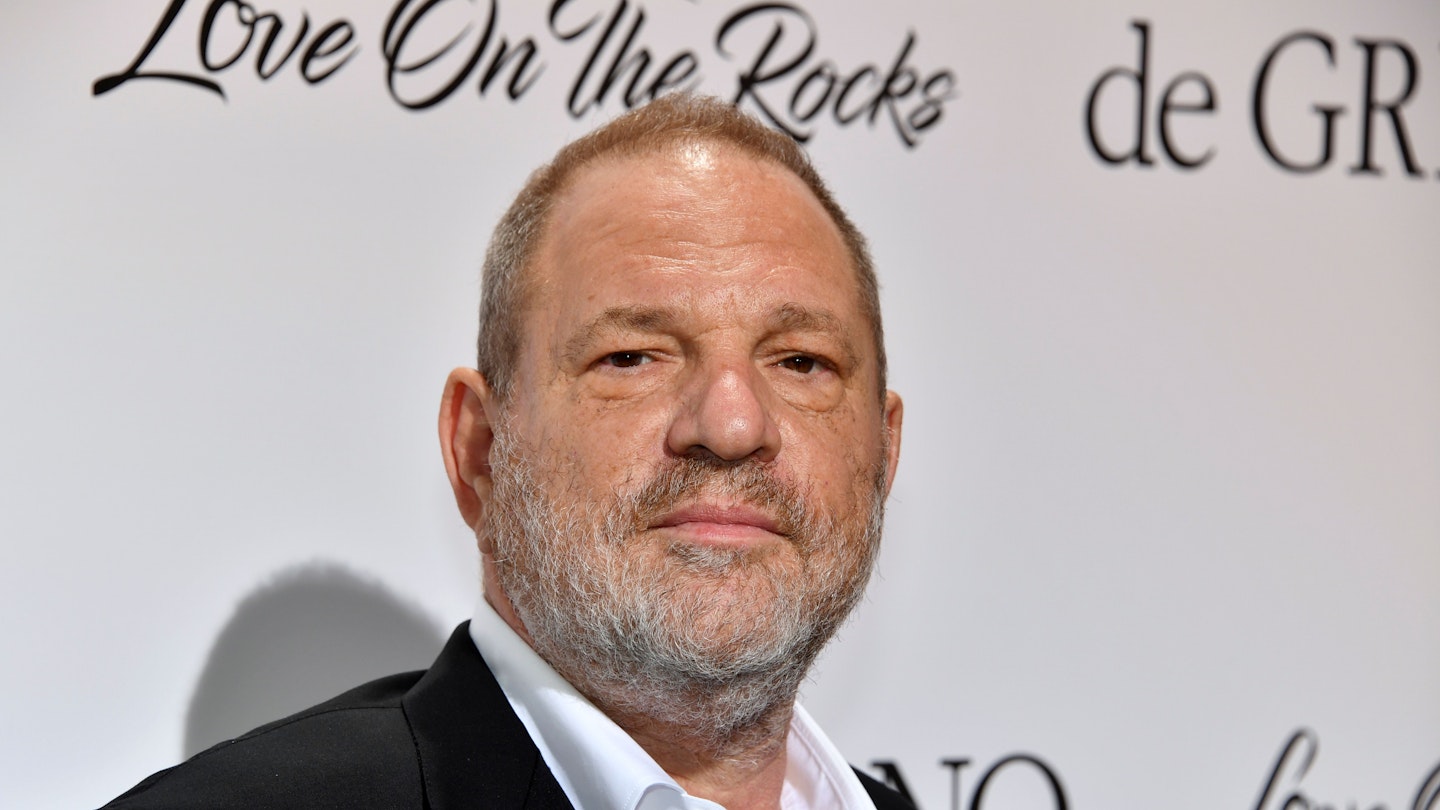When the allegations against Harvey Weinstein first broke two years ago today, it felt seismic. Instantly there was a sense that women were being listened to. First, famous women. Then other women, all of us, on social media and in pubs and homes and offices. We were talking about sexual assault and harassment with new openness and urgency.
It felt revolutionary – we were witnessing a watershed moment – but there was trepidation, too. Because most women knew that this wasn't the end.
Despite the overwhelming waterfall of evidence that demonstrated an embedded of culture of sexual harassment and abuse against women, we suspected that, at some point, the world would stop caring. Slowly but surely, celebrity news would tumble back into the forefront of our social-media feeds. Brexit would become the topic for debate again and all of our bravery in sharing our deeply distressing experiences would feel undervalued.
Two years on, was that fear unfounded? It’s up for debate. There have been steps in the right direction. Organisations like Time’s Up have been founded, hotlines like Emma Watson’s are live and this year, the first annual #MeToo conference was held in Sweden to establish policies that can help eradicate sexual violence.
However, when you take a look at the statistics around sexual harassment, rape, and gender imbalance in the workplace since #MeToo, it’s pretty bleak.
Sexual misconduct at work: the stats
The Time's Up Legal Defense Fund hotline fields hundreds of calls a day from women who are being harassed at work. In fact, Fatima Goss Graves who helped organise the fund told The Washington Post that during the Golden Globes, when Time's Up was a big talking point, the hotline got 200 calls alone during the show. But what about in industries across the UK?
Law
In the legal profession, a 2019 report by the Solicitors Regulation Authority - a UK lawyers watchdog agency - found that claims of sexual misconduct has reached record levels. Forty-three cases were reported in the ten months to the end of August this year. EXPLAIN IF IT'S JUST IN THE INDUSTRY
Medicine
In the last three years, more than one in five GPs in the UK have been sexually harassed by a patient according to a 2019 survey by medical information website Medscape. More than one in 20 have experienced or witnessed harassment by a colleague.
Earlier this year, the medical profession was involved in sexual harassment scandals when two senior doctors spoke out about a sexist and abusive culture within the British Medical Association.
Finance
Post #MeToo, Lloyds bank commissioned a survey from the Banking Standards Board to assess how pervasive sexual misconduct was within the financial industry. The findings released in 2019 found that of more than 6,000 people who responded, 500 had witnessed sexual harassment over the past year.
According to the study, one fifth of respondents said that people in their organisations turned a blind eye to inappropriate behaviour and less than half who raised a concern felt they were taken seriously.
And just today, the findings of The Intercept's investigation into sexual harassment on wall street were released. Despite women coming forward to report sexual misconduct, they found that 'most women across industries who spoke up about harassment wound up leaving their jobs...fired, quit, or agreed to leave...while most of the men who created a hostile environment either stayed on at the same firm or quickly found employment elsewhere.'
STEM
The most recent report on sexual harassment within the STEM industry found that 'women in STEM endure the highest rate of sexual harassment of any profession outside of the military'.'
According to the 2018 study, published in the National Academies of Sciences, Engineering and Medicine report, 50% of women in science, 58% of women in academia and 43% of STEM graduate students report experience sexual harassment.
Of those who reported it, 90% of women who report sexual misconduct experience retaliation.
Retail
Retail and hospitality are two of the most common professions for incidents of sexual harassment, and that hasn't changed. More than one in 10 retail workers in the UK have been subject to sexual harassment or abuse according to a 2019 survey by law firm Foot Anstey.
Hospitality
Unsurprisingly, the figure are still high with a 2018 survey by Unite union finding that 89% of hospitality workers have experienced one or more incidents of sexual harassment at work.
Manufacturing
The last report on sexual harassment in the manufacturing industry was by the Trades Union Congress in 2016– it found that 69% of women reported sexual harassment compared to 52% across all other industries.
While they haven't published updated figures since, they did release a report in 2018 that detailed what the TUC had tried to do to combat such high figures. 'The TUC has developed several resources to support affiliates and members,' the report read. 'A programme of one-day courses on sexual harassment was delivered across TUC regions in 2017 and 2018. The TUC produced resources including an eNote and a webinar on tackling sexual harassment in the workplace. an updated Know Your Rights guide for workers, Protection from Sexual Harassment, was published in spring 2018.'
Students
According to a BBC investigation, universities across the UK reported a rise in sexual harassment or sexual violence allegations from 476 in 2016-17 to 1,436 in 2018-19.
While the increase in these incidents being reported is no doubt a good thing, the report also found that most universities do not have 'robust systems to prevent or respond to sexual violence'. Only 33 universities of the 124 that responded used a specialist investigator to interview students making claims, something recommended by experts to ensure victims are treated safely for their mental and physical health.
Reporting sexual harassment
According to a 2019 study by the Young Women's Trust, only 6% of women who are sexually harassed at work actually report it. This follows a study by the Trade Union Congress that found at least two thirds of young women experience it at work.
Why don't they report? Because they'll likely be sacked. One in four women said they feared losing their jobs, one in five said they'd be given fewer hours at work and one in three didn't even know how to report the harassment - speaking to the huge lack of awareness of safe HR procedures for reporting harassment across businesses.
'The issue of women not reporting to their employers is largely due to power,' Holly Taylor-Dunn, a senior lecturer at the University of Worcester told The Independent. 'There is an inherent power imbalance in the workplace for young women in particular, especially in the context of zero-hours contracts and limited worker rights.'
Rape convictions
The annual Violence Against Women and Girls (VAWG) report from the Crown Prosecution Service (CPS) shows there were just 1,925 convictions for rape from 2018-19. This is down from 2,635 in the previous year, a fall of nearly 27%.
Considering rape claims dealt by the police in England and Wales have increased by over 20,000 in the last four years (from 35,847 to 57,882), this means that only 3.3% of reported rapes end in conviction.
The failure of police to pursue rape cases is currently being investigated as the End Violence Against Women (EVAW) coalition formally lodged proceedings in the high court against the CPS.
'These numbers represent real women subjected to rape, a crime which does enormous harm, who are then further victimised by a system that does not take them seriously.' Andrea Simon, head of public affairs at the End Violence Against Women Coalition told the Metro. 'These shocking and unjustifiable failings speak to a clear and concerted shift in how the CPS has decided to prosecute rape... [they] can only represent what is becoming the effective decriminalisation of rape’.
So, has anything changed?
Crucially, these statistics prove we’re still in the ‘figuring it out’ stage of #MeToo. ‘There has been a huge amount of work behind the scenes.’ Dame Rabbatts, the chair of Time's Up UK told The Telegraph. ‘We are trying to shift cultural and systemic barriers to women and women and colour across the film, TV and theatre industries. Two years is no time against that backdrop of history.’
It will likely be decades before we see the real outcome of #MeToo.
Read More: What About All The Industries Where Sexual Harassment Still Isn’t Being Widely Reported?
Click Through: The men accused of sexual misconduct during #MeToo
Debrief Men Accused Of Sexual Harassment
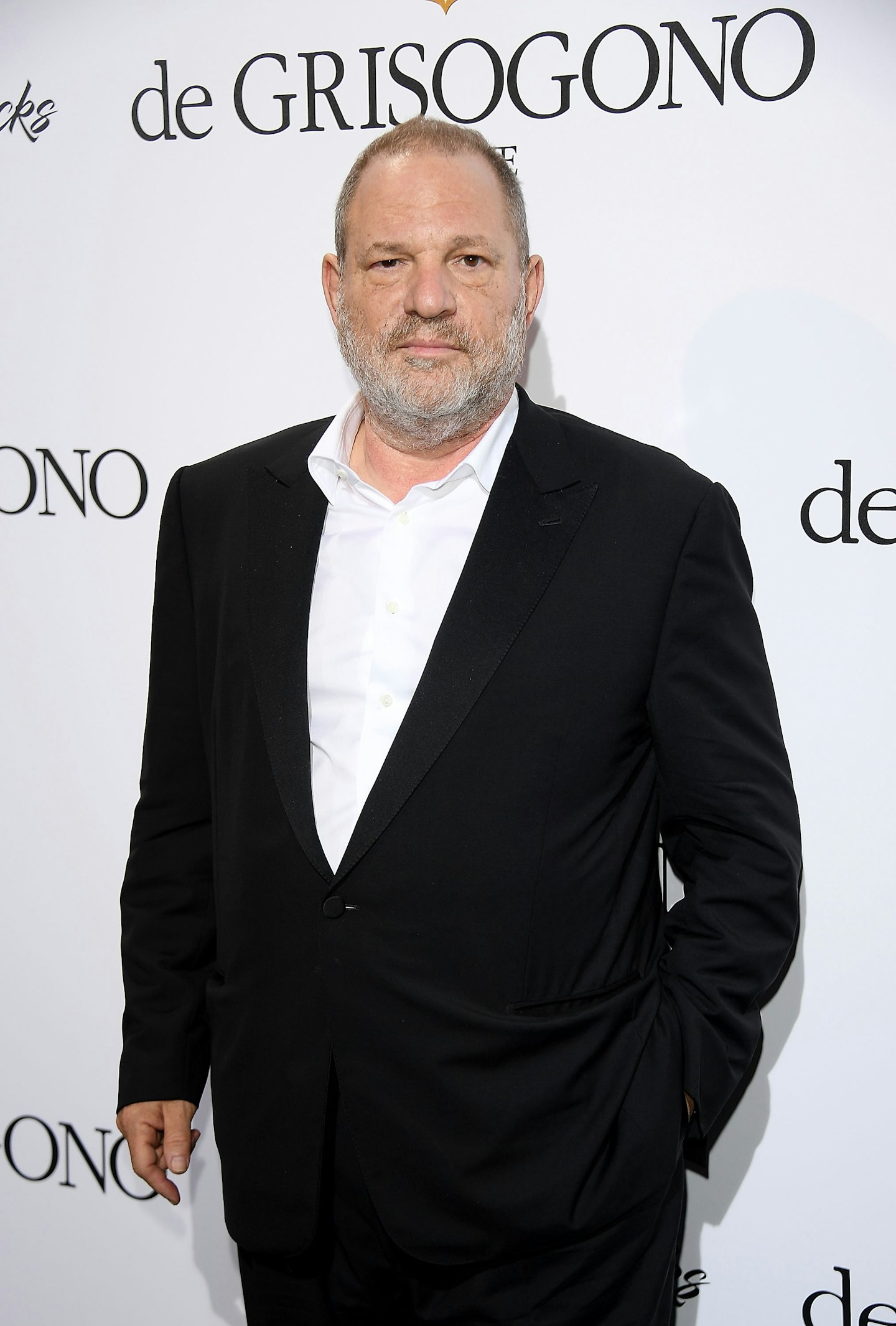 1 of 14
1 of 14Harvey Weinstein
 2 of 14
2 of 14Ed Westwick
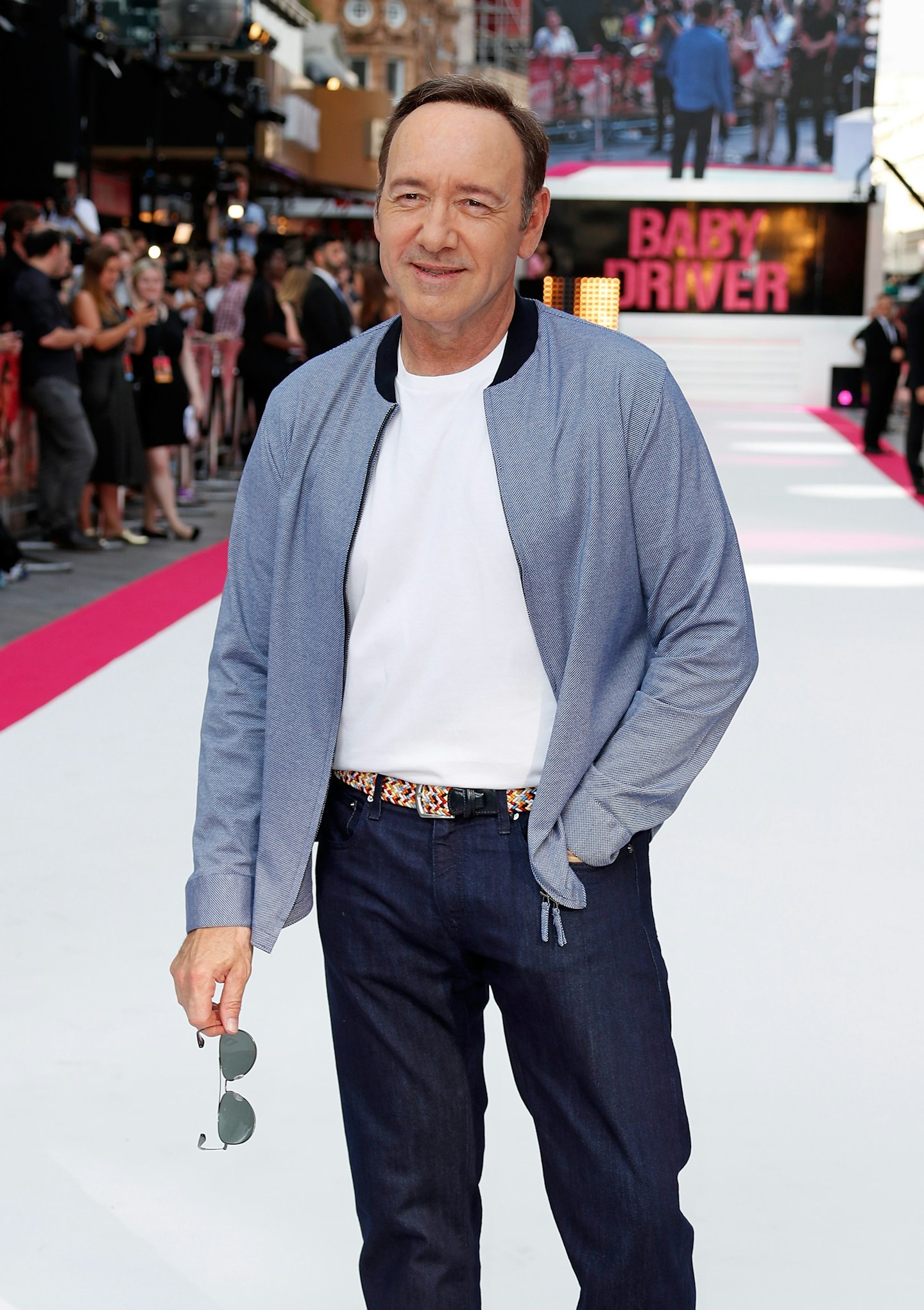 3 of 14
3 of 14Kevin Spacey
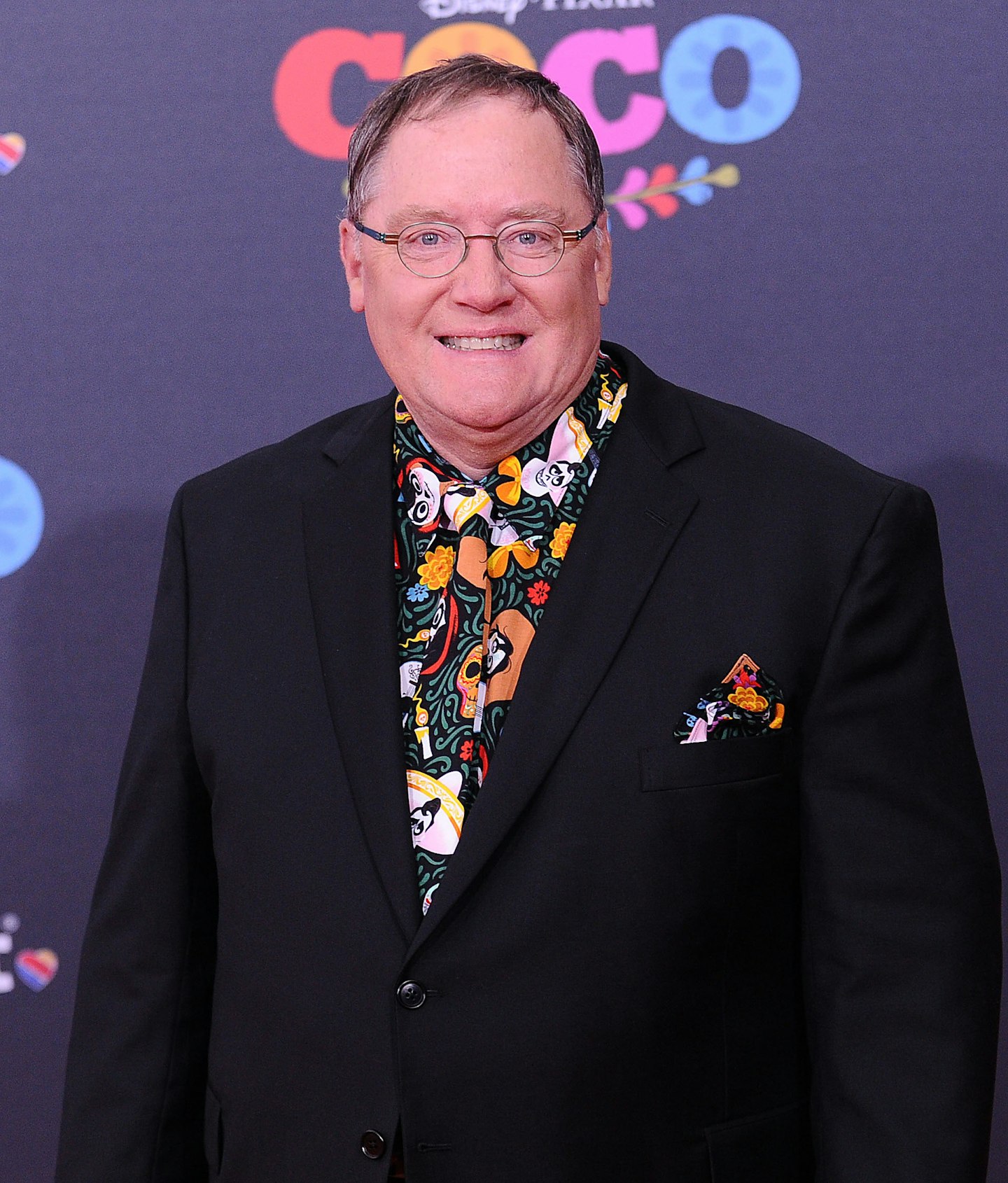 4 of 14
4 of 14John Lasseter
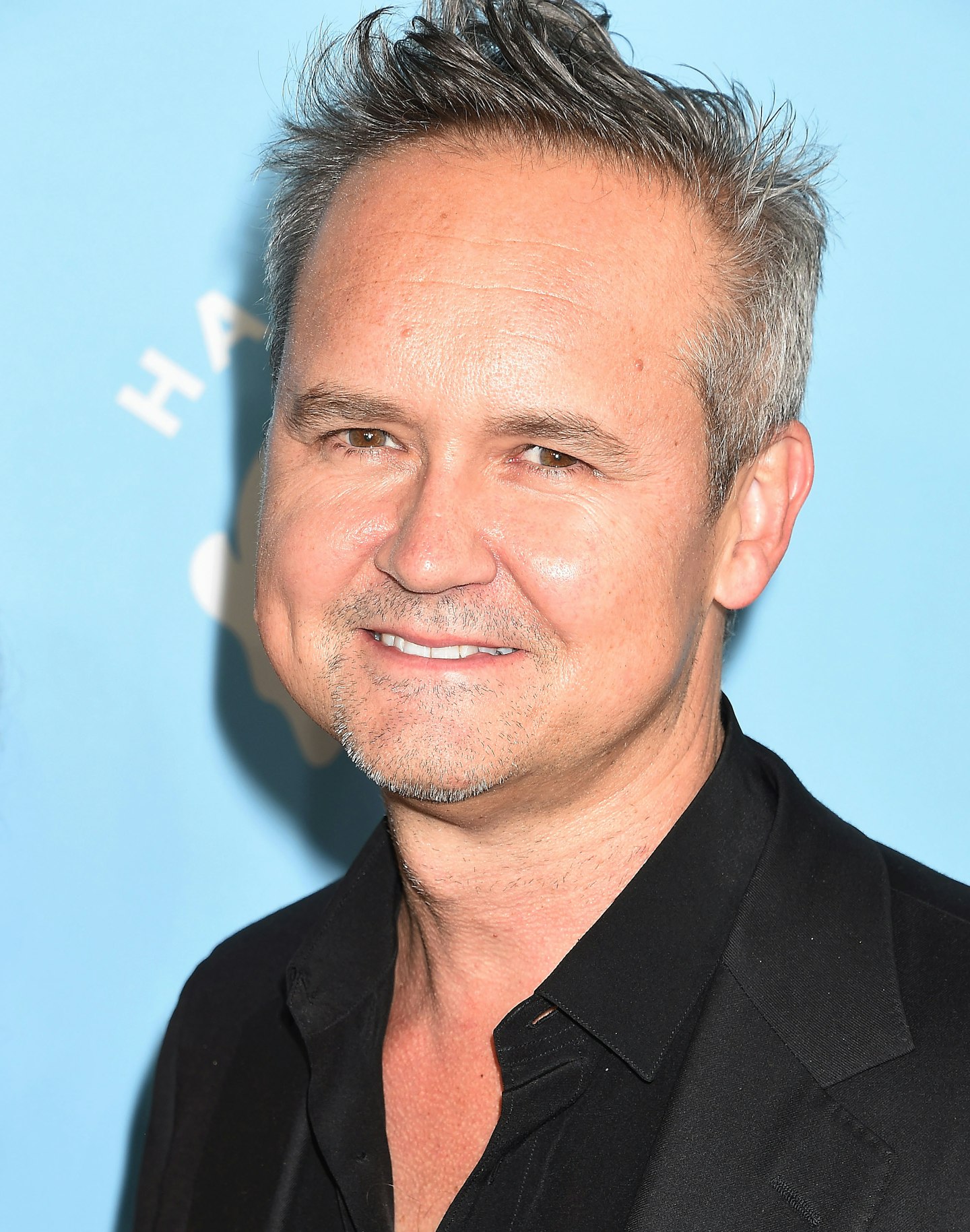 5 of 14
5 of 14Roy Price
 6 of 14
6 of 14Nick Carter
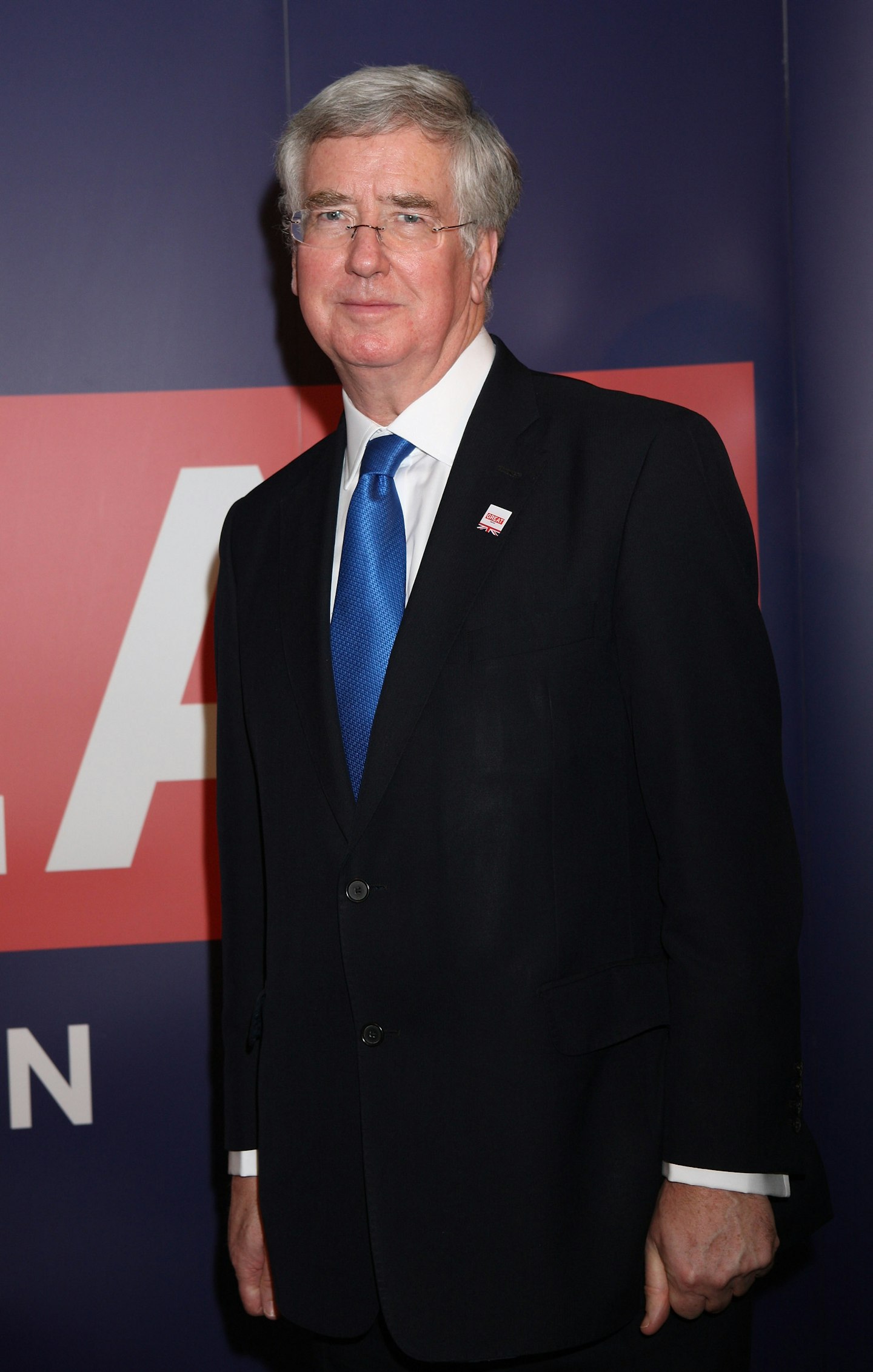 7 of 14
7 of 14Michael Fallon
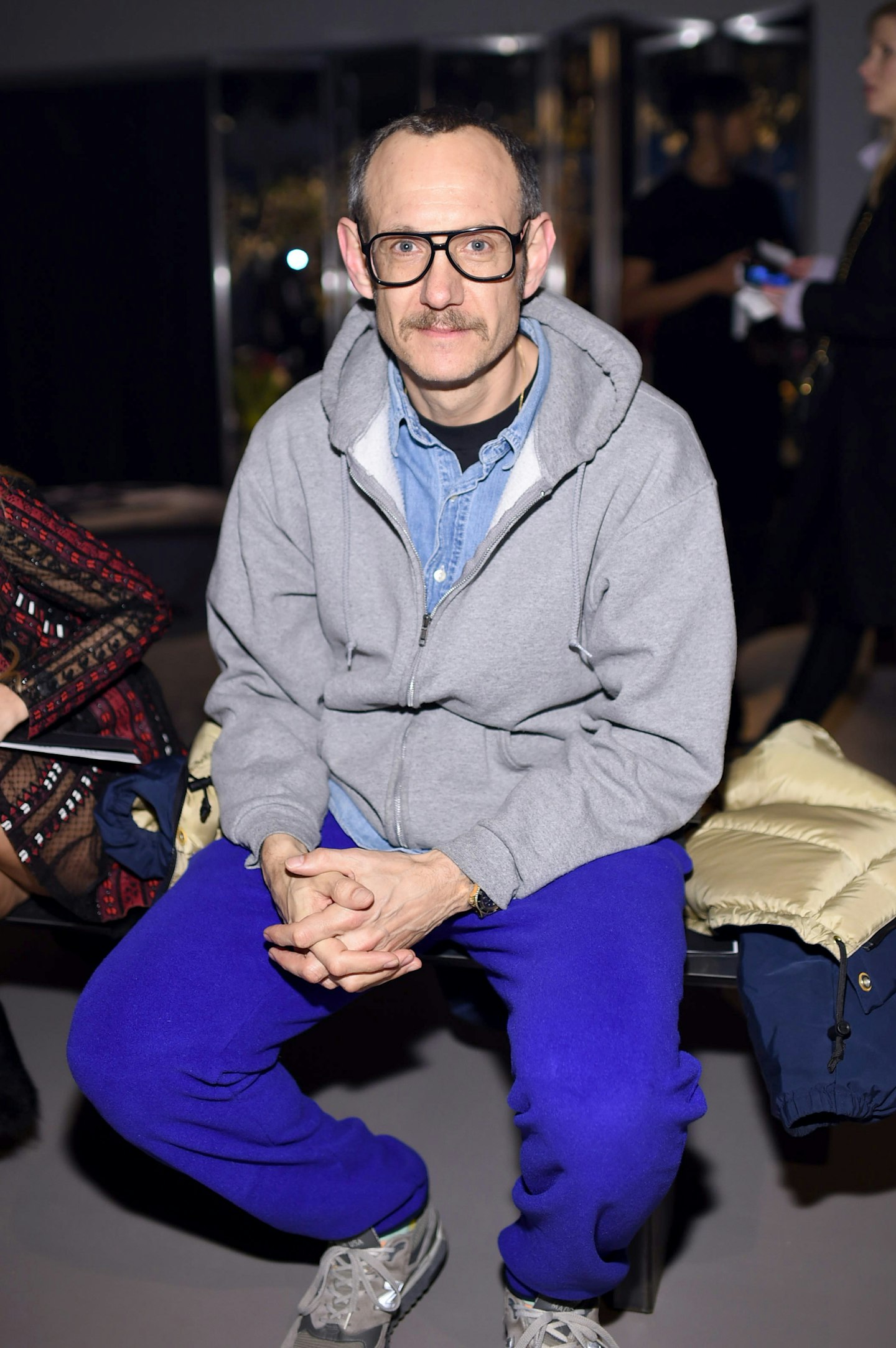 8 of 14
8 of 14Terry Richardson
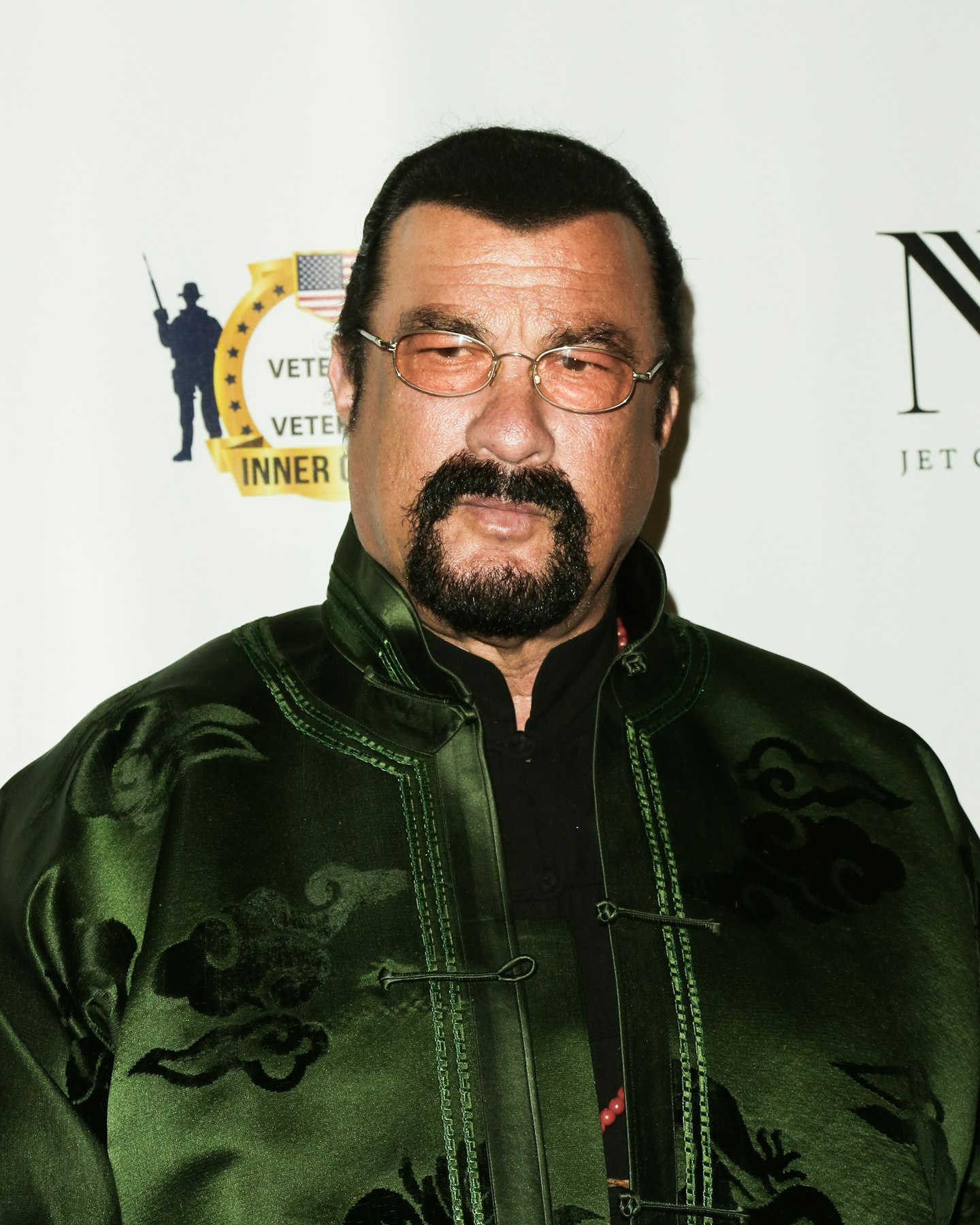 9 of 14
9 of 14Steven Seagal
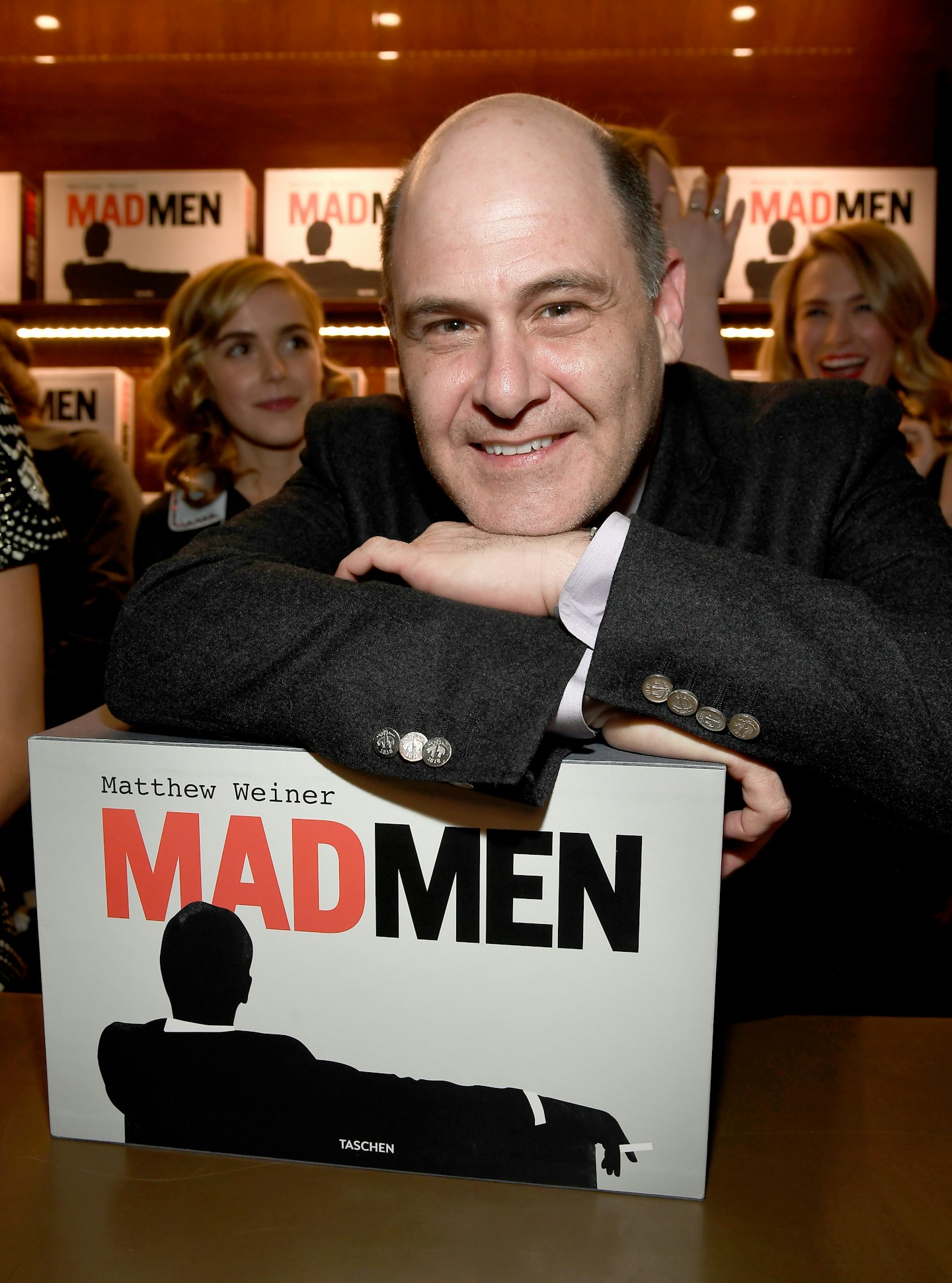 10 of 14
10 of 14Matthew Weiner
 11 of 14
11 of 14Dustin Hoffman
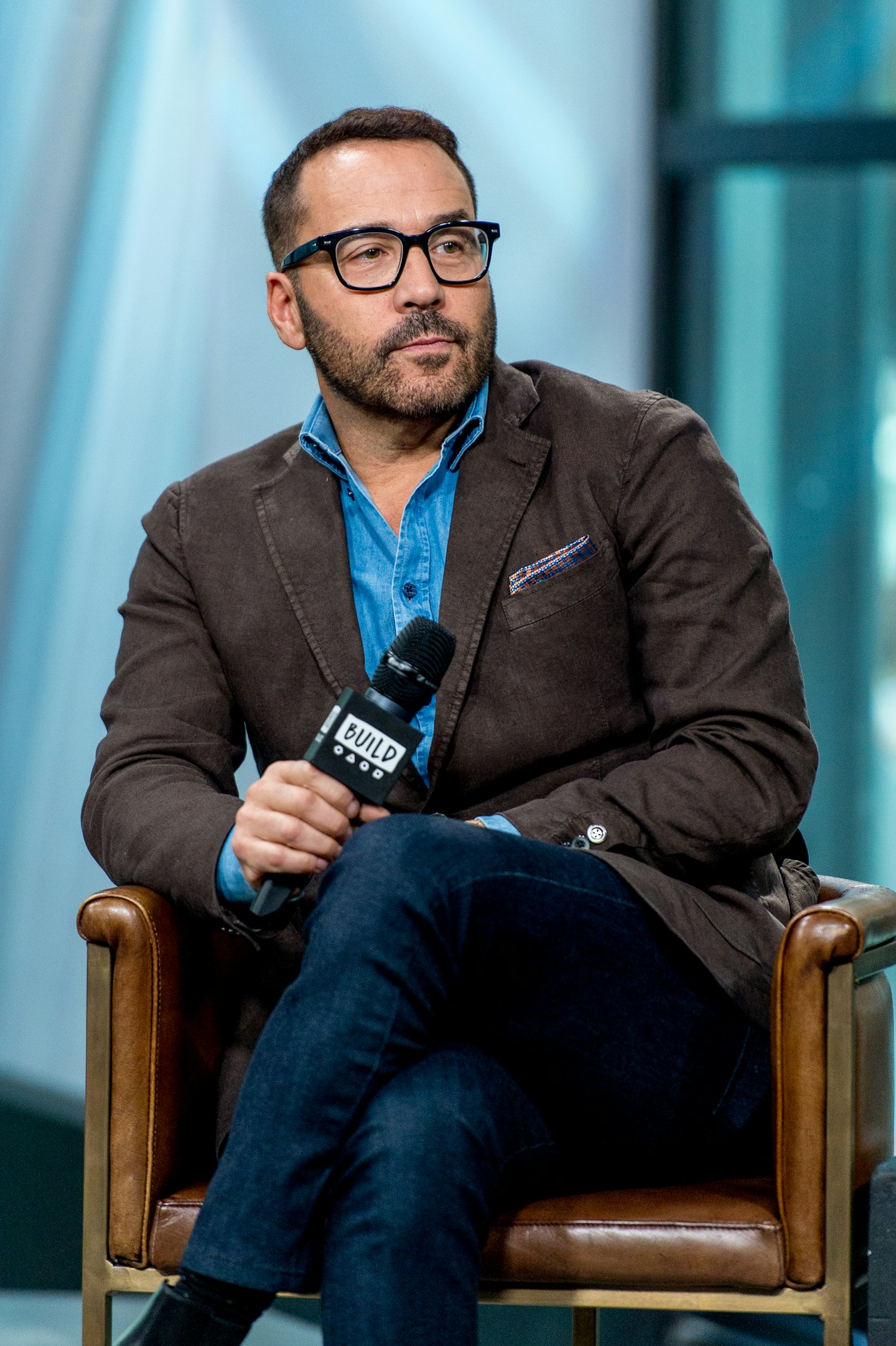 12 of 14
12 of 14Jeremy Piven
 13 of 14
13 of 14Louis C.K
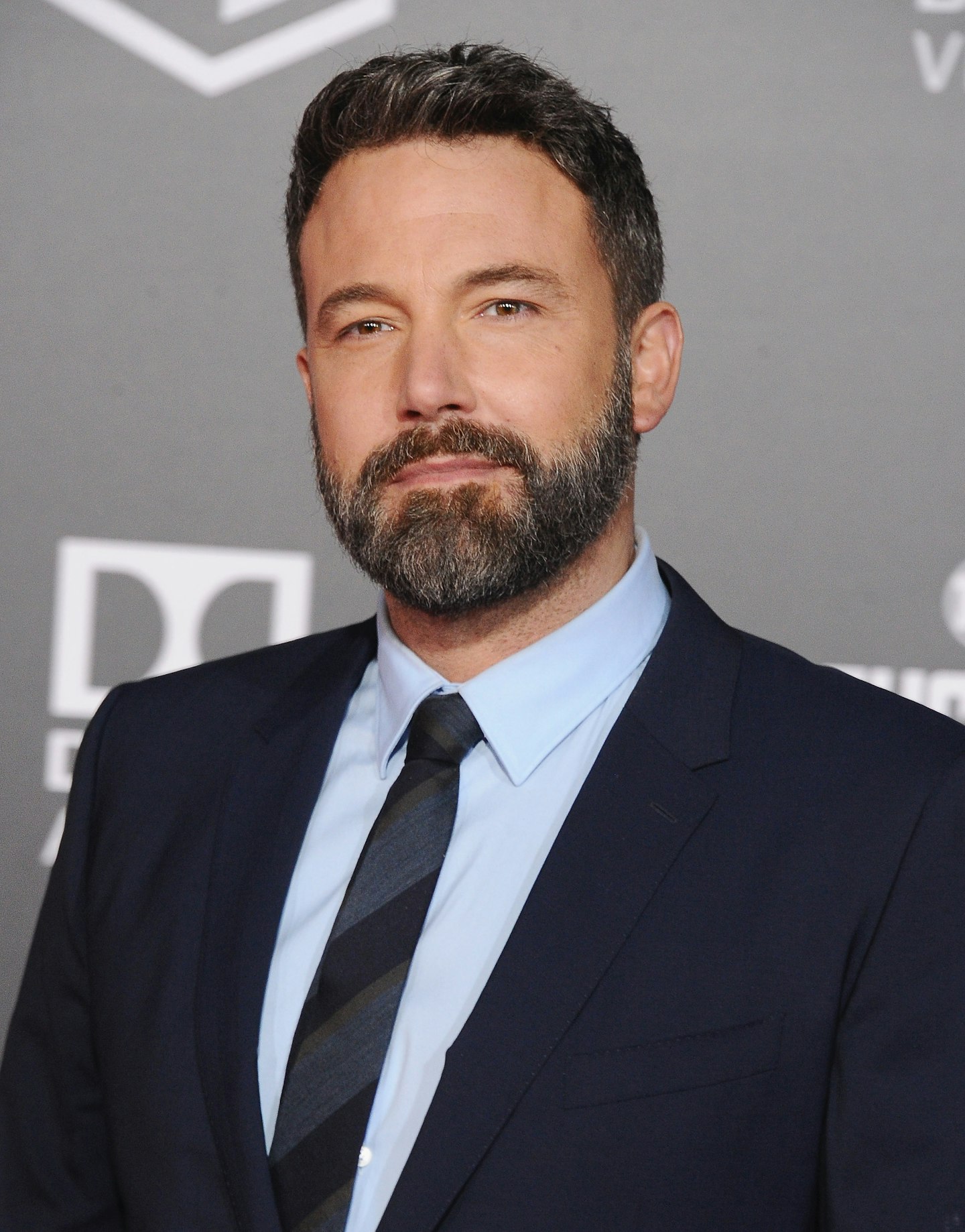 14 of 14
14 of 14